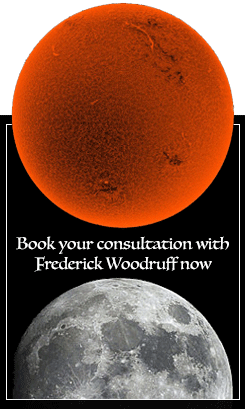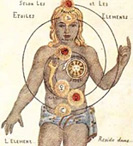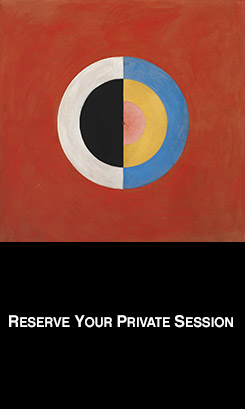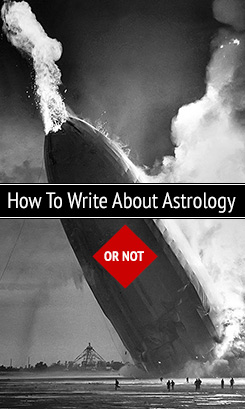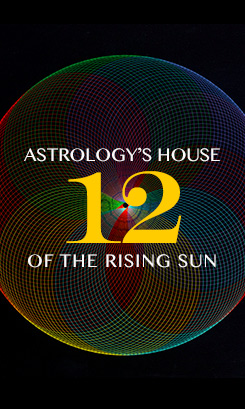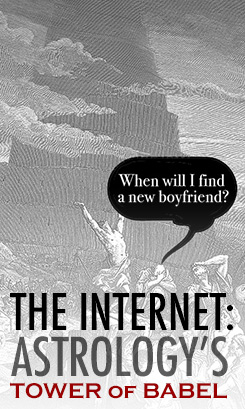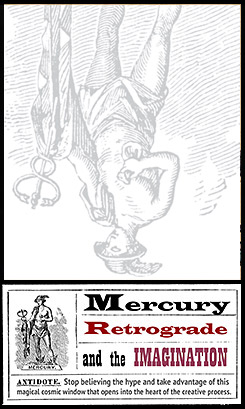Back by Popular Demand! My First Book Secrets of a Telephone Psychic
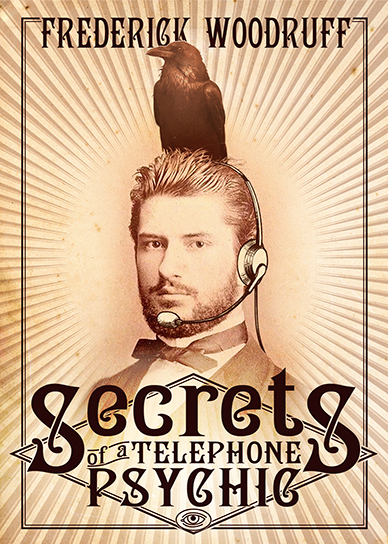
Many years ago, after moving to Seattle, I decided I never wanted to work for anyone again in my life. So I took a job with a gigantic telephone psychic network, a cultural trend that was incredibly popular at the time. Dionne Warwick’s manager, when I talked to her years later, told me that Dionne made more money from her psychic friends gig than her career as a popular recording artist.
So, yeah, it was another job, but it was a job where I set my hours and hung up on anyone I didn’t like talking to (which was rare, as just about every caller I interacted with was fascinating or at the very least open to some kind of alternative intervention in his or her life).
Anyway, about a year into the job I knew I was in the middle of something extraordinary and strange. And so I wrote a book about it, got an agent and a publisher and, well, I just recently got the rights back to my book and so here it is again, for a new phase of electronic transmission – as an ebook.
The stories in Secrets of a Telephone Psychic are true. Although you won’t believe some of them when you read them. As most of you know, under the guise of anonymity human beings will reveal themselves in ways you’d never imagine possible in a personal exchange. Technology has given the Id free reign (and a voice).
And these revelations were the most fascinating (but sometimes unnerving) aspect of working as a telephone oracle, where only the voice and ears and the ticking timer are your tools of the trade. Well, also horoscopes and tarot cards, but oddly divinatory methods didn’t figure as prominently as talking – and listening. Just look at Freud, he established the entire realm of psychotherapy upon his talking cure.
I’m happy to see my book back into the light of day. I know you’ll enjoy it.

Frederick
Saturn & Pluto: One Wedding and a Funeral
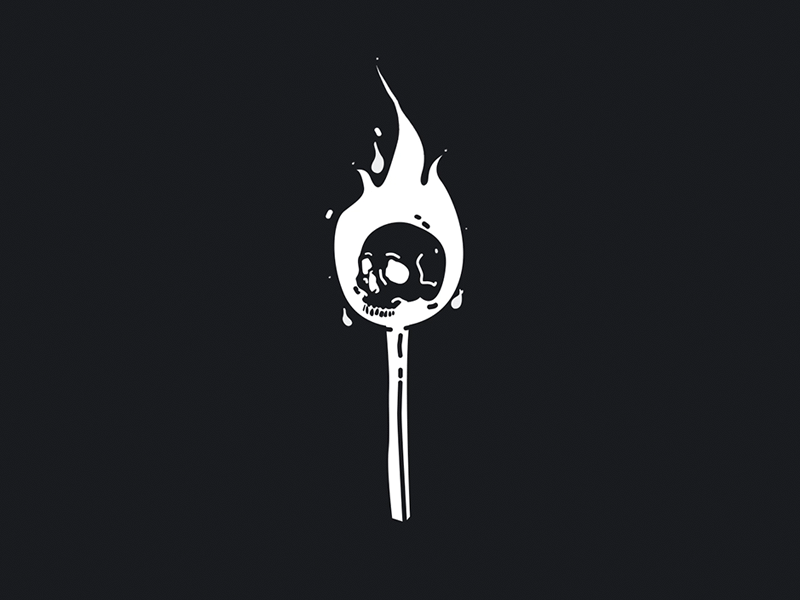
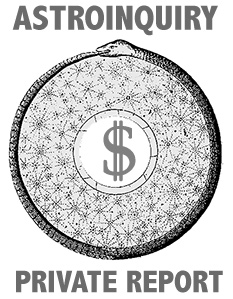
Charles Dickens pulled off a literary first when he gave a detailed account of the aftereffects of spontaneous human combustion in his epic novel Bleak House. The recounting went like this: While sitting and dozing in his cluttered room, Mr. Krook — a grizzled, alcohol-steeped rag merchant — abruptly burst into flames, leaving just a rancid smell and a gruesome pile of skeletal ash in his wake.
Dickens, a writer of keen detail and authenticity was always taken at his word by the public. And so one of the most horrifying images from the 19th Century claimed a spot in the collective imagination.
Even today, tales of spontaneous combustion continue to flare up (sorry) in the tabloids. And if those are not genuine, still, the impression of a human being inadvertently bursting into flames is a striking symbol — both mythic and alchemic.
I recalled Dickens and Mr. Krook while contemplating an illustration to mark Saturn’s entry into Capricorn on December 19. The image is fitting while Saturn closes in behind Pluto’s smoldering trail; a path that appeared like a flash fire after the tiny dynamo entered Capricorn in 2008.
The two planets will conjoin in January of 2020. Take this as an alert from the solar system’s public warning system.
The Mountain Astrologer Reviews Skywriter
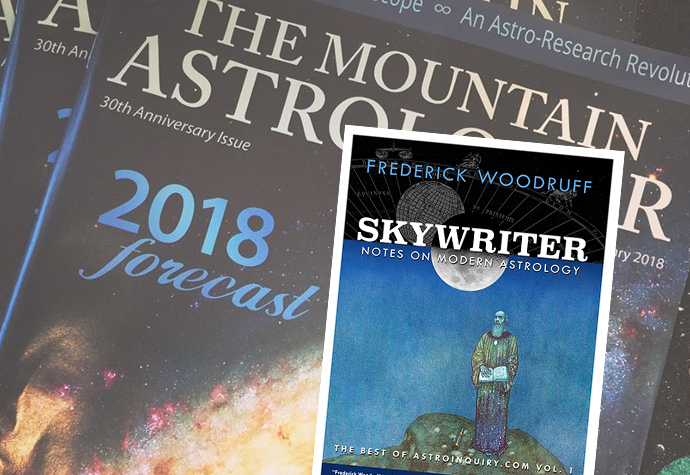
It was an honor to have my new book Skywriter: Notes on Modern Astrology reveiwed by Mary Plumb, The Mountain Astrologer‘s resident book maven. Please consider ordering a subscription to TMA this Christmas season — for yourself or as a gift for someone special. Here is Mary’s review:
“I have been a fan of Frederick Woodruff since I found his Astroinquiry website. This eBook, subtitled The Best of Astroinquiry.com, Vol. 1, is a collection of some of his most popular essays from the past ten years.
Woodruff is a longtime astrologer — practicing “what would be considered psychological-spiritual astrology” — and although he identifies himself as a “skeptical mystic,” my best attempt at defining his style is that he writes as a post-intellectual, post-conceptual, back-to-the-precious-human-body, direct-personal-experience kind of guy.
Effectively communicating with clients, he says “doesn’t need a lot of highfalutin intellectualizing or contemplation or meditation. All you need do is sense yourself, your am-ness, your first-personal giveness and there you are.” His integration of the teachings that he has studied — e.g., Gurdjieff, Chogyam Trungpa, Carl Jung — informs his work and a subtext to self-inquiry or self-awareness (and humor) runs quite naturally throughout these essays.
The essays herein include “Create Your Own Archetype and Call it You,” “Pluto in Capricorn: Death is the New Black,” “Make Facebook Your Slave — Some Tips,” “Depression and Solar Consciousness,” and “Outer Planets and the Nostalgia for Samsara.”
Woodruff’s advice to aspiring astrological writers is spot-on and funny as can be: “Please consider how you employ the words ‘transformation,’ ‘changes,’ ‘challenging’ and ‘archetype’ in your prose. Changes and challenging transformations have been going down on the planet since the first cavewoman read Clan of the Cave Bear, so saying that a transit is going to bring ‘big changes’ or ‘challenge’ me is like telling me that I will finish half a bottle of wine with dinner tonight. This is not news.”
He includes select words of poets, teachers, and mystics. About one such entry, he writes: “Rumi composed a small eruption of a poem…” Frederick Woodruff does something similar with many moments in his writing, as he takes readers through passages and thoughts that provoke and inform.”
— Mary Plumb
